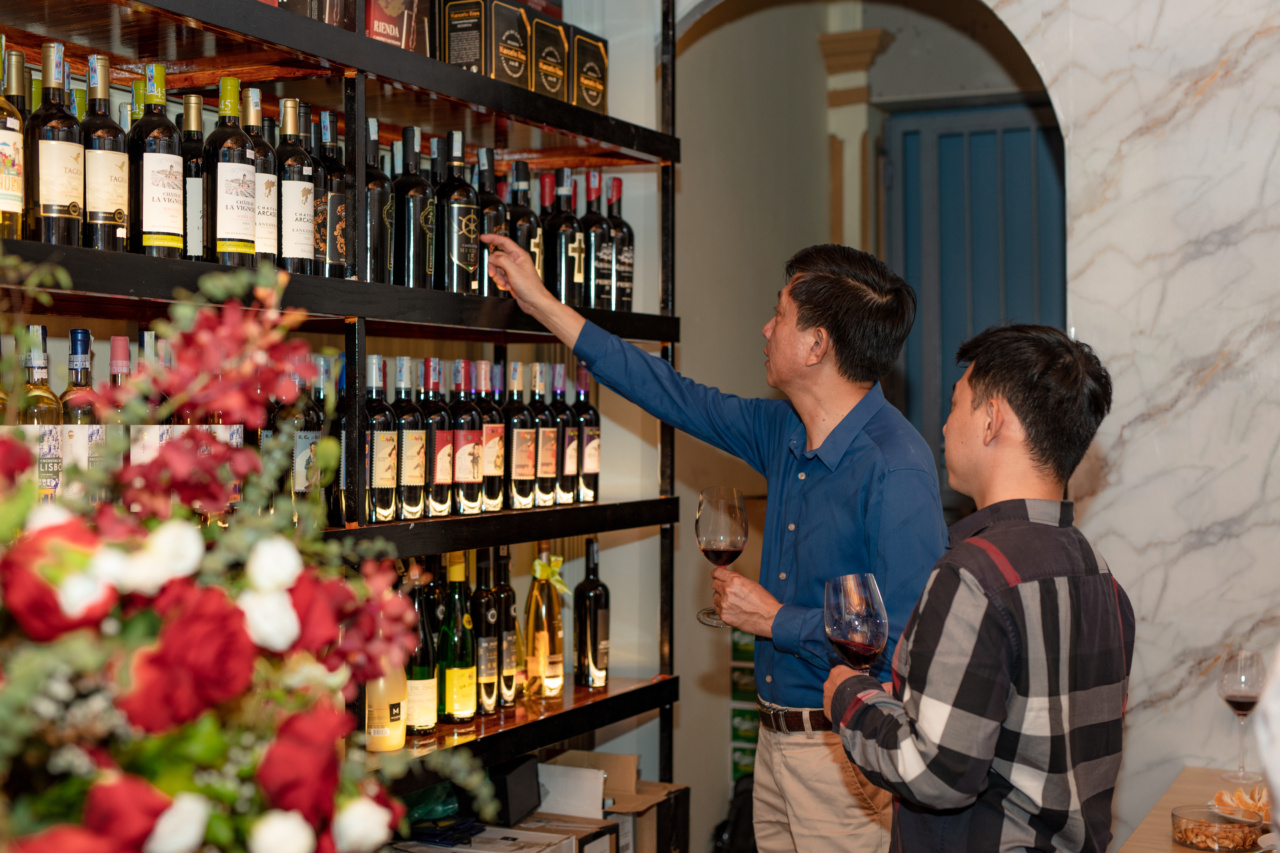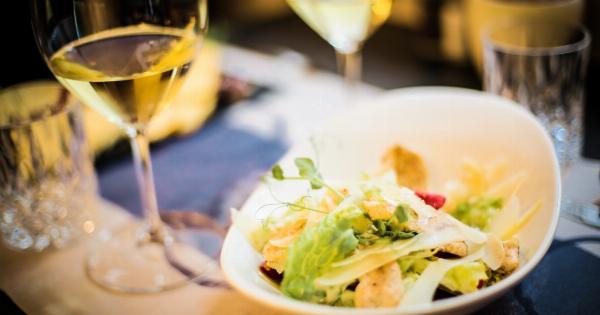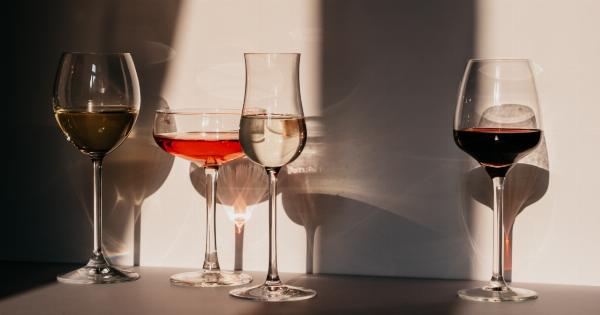Choosing a great wine can be an overwhelming task, especially with the wide variety of options available.
Whether you are a novice wine enthusiast or a seasoned connoisseur, knowing what to look for when selecting a bottle of wine can greatly enhance your overall wine-drinking experience. In this article, we will discuss the top three things to consider when choosing a great wine.
1. Determine Your Wine Preferences
Before delving into the world of wine, it is essential to know your own personal preferences. Wine tasting is subjective, and what may be perceived as enjoyable by one person may not be the same for another.
Ask yourself whether you prefer red or white wine, as this will help narrow down your options.
Consider the level of sweetness you desire. For example, if you have a sweet tooth, you may enjoy wines like Moscato or Riesling which have a higher sugar content.
On the other hand, if you prefer a drier taste, opt for wines such as Cabernet Sauvignon or Chardonnay.
Additionally, think about the flavors and aromas you enjoy. Some wines have fruity notes, while others may have herbal or earthy characteristics.
If you are unsure of your preferences, try attending wine tastings or joining a wine club to sample different varieties and develop your palate.
2. Consider the Occasion and Food Pairing
When selecting a great wine, it is important to consider the occasion and the food you plan to pair it with. Different wines complement certain foods and enhance the overall dining experience.
Therefore, it is crucial to select a wine that harmonizes well with the flavors of your meal.
If you are having a fancy dinner party with steak or lamb, a full-bodied red wine like a Bordeaux or a Syrah would be an excellent choice.
On the other hand, if you are enjoying a light seafood dish or a refreshing salad, opt for a crisp white wine such as Sauvignon Blanc or Pinot Grigio.
For desserts, sweet wines like Port or Muscat are a popular choice. They can complement the sweetness of the dish without overpowering it.
If you are unsure about food and wine pairings, many restaurants and online resources provide guides to help you make the best selection.
3. Consider the Quality and Price
When it comes to choosing a great wine, it is necessary to consider the quality and price of the bottle.
While high-priced wines may not always guarantee exceptional quality, they often reflect the craftsmanship and expertise involved in their production.
Research the winery or vineyard and read reviews from wine critics or trusted sources to gain insight into the quality of the wine. Look for key factors such as the grape variety, the vineyard’s location, and the winemaking techniques used.
These aspects can greatly influence the overall taste and aroma of the wine.
On the other hand, if you are on a budget, there are many affordable options available that still offer great value for money. Consider exploring wines from lesser-known regions or grape varieties.
These wines can often surprise you with their quality and unique characteristics.
It is also useful to keep in mind that some wines are meant to be consumed immediately, while others benefit from aging. If you prefer wines that have been aged to perfection, be prepared to spend a bit more.
However, if you prefer wines that are ready to drink right away, there are plenty of options available at more affordable prices.
Conclusion
Choosing a great wine can be an enjoyable and rewarding experience.
By considering your wine preferences, the occasion and food pairing, as well as the quality and price, you can make an informed decision that suits your taste and meets your expectations.
Remember, the world of wine is vast, and there will always be new wines to explore and savor.
Whether you are celebrating a special occasion or simply enjoying a glass with friends, taking the time to choose a great wine will enhance your overall wine-drinking experience.





























